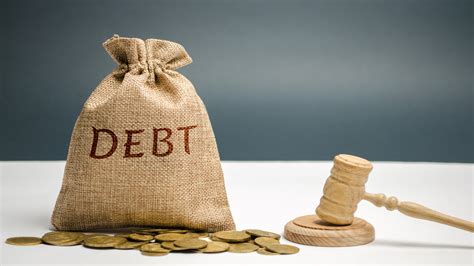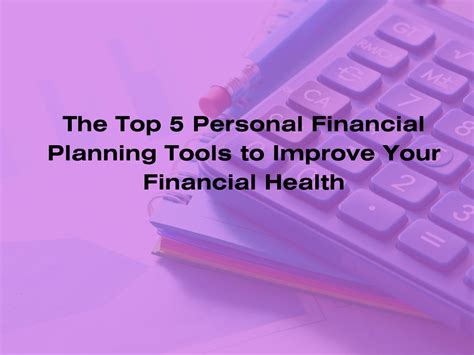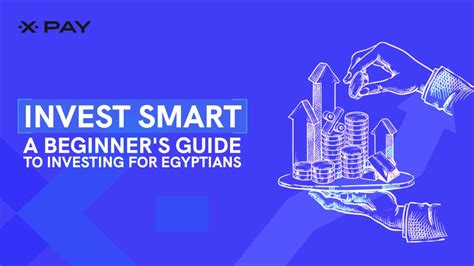Confronting High-Interest Debt: A Man’s Guide to Financial Freedom
For many men, the topic of personal finance can feel daunting, especially when high-interest debt looms large. Credit card balances, personal loans, or other forms of expensive debt can erode your income and stifle your ability to save and invest for the future. This isn’t just about numbers; it’s about freedom, security, and the ability to provide for yourself and your loved ones. The good news is that with a strategic approach and disciplined action, you can swiftly conquer high-interest debt and lay the groundwork for unshakeable financial resilience.
Phase 1: Aggressive Debt Elimination
The first and most critical step is to stop the bleeding. High-interest debt is a wealth stripper, making it nearly impossible to get ahead. Your primary focus must be its rapid elimination.

Understanding Your Debt Landscape
Begin by listing all your debts: credit cards, personal loans, medical bills, etc. Note the outstanding balance, the interest rate, and the minimum monthly payment for each. This clear overview is your battle map.
The Debt Avalanche vs. Debt Snowball Method
- Debt Avalanche: This method prioritizes paying off debts with the highest interest rates first, regardless of the balance. Mathematically, it’s the fastest and cheapest way to eliminate debt, saving you the most money on interest. Once the highest-rate debt is paid off, you take the money you were paying on it and apply it to the next highest-rate debt.
- Debt Snowball: With this approach, you pay off your smallest debt first, regardless of the interest rate, while making minimum payments on all others. The psychological wins of quickly eliminating smaller debts can provide powerful motivation to keep going. Once a debt is paid off, you roll that payment amount into the next smallest debt.
Choose the method that best aligns with your personality. If you’re disciplined and motivated by numbers, the avalanche is superior. If you need quick wins to stay engaged, the snowball might be a better fit.
Turbocharge Your Payments: Budgeting & Income Growth

- Aggressive Budgeting: Create a detailed budget that tracks every dollar you spend. Identify and slash non-essential expenses mercilessly, even temporarily. Can you cut subscriptions, eat out less, or find cheaper alternatives for daily necessities? Every extra dollar freed up should go directly towards your high-interest debt.
- Increase Your Income: Don’t just cut expenses; find ways to earn more. Consider a side hustle (freelancing, gig work, selling unused items), ask for a raise at work, or take on overtime. Even a few hundred extra dollars a month can significantly accelerate your debt payoff.
- Consider Debt Consolidation: For some, consolidating high-interest debts into a lower-interest personal loan or a balance transfer credit card (with a 0% introductory APR) can be a smart move. Be cautious, however: ensure you can pay off the consolidated amount before the promotional period ends, and avoid accumulating new debt.
Phase 2: Building Unshakeable Financial Resilience
Once your high-interest debt is gone, the real work of building a robust financial future begins. This phase is about creating buffers and growing your wealth so you never fall back into the debt trap.
The Emergency Fund: Your First Line of Defense

Before investing heavily, establish a fully funded emergency savings account. Aim for 3-6 months’ worth of essential living expenses, kept in an easily accessible, high-yield savings account. This fund acts as a financial shock absorber, protecting you from unexpected job loss, medical emergencies, or car repairs without resorting to credit cards.
Strategic Investing for the Future
With an emergency fund in place, you can confidently start investing. Focus on long-term growth and diversification.
- Retirement Accounts: Maximize contributions to tax-advantaged accounts like a 401(k) (especially if your employer offers a match – it’s free money!) and an IRA (Roth or Traditional).
- Diversified Portfolio: Invest in a broad mix of low-cost index funds or ETFs that track the market. Avoid chasing hot stocks; consistency and diversification are key.
- Financial Education: Continuously educate yourself on investing principles. The more you understand, the more confident and successful you’ll be.

Protecting Your Assets & Future
- Insurance: Review your insurance coverage (life, disability, health, home/auto) to ensure you’re adequately protected against unforeseen events.
- Estate Planning: While it might seem premature, having a basic will and designating beneficiaries is a crucial step in ensuring your assets are distributed according to your wishes.
Key Habits for Sustained Financial Health

Financial resilience isn’t a one-time achievement; it’s an ongoing journey. Cultivate habits that support your long-term goals:
- Regular Financial Check-ins: Review your budget, investments, and net worth at least monthly.
- Live Below Your Means: Continuously strive to spend less than you earn, creating a surplus for saving and investing.
- Avoid New High-Interest Debt: Be vigilant. If you must borrow, ensure it’s for an appreciating asset or at a very low interest rate you can comfortably repay.
- Continuous Learning: Stay informed about personal finance strategies and economic trends.
Conclusion: Take Control of Your Financial Destiny
Paying off high-interest debt and building financial resilience requires discipline, persistence, and a clear plan. By aggressively tackling your debt, building a robust emergency fund, and investing strategically, you’ll not only free yourself from financial burdens but also gain the confidence and security to pursue your ambitions and live a life of true financial freedom. The journey starts today – make the commitment to take control of your financial destiny.




